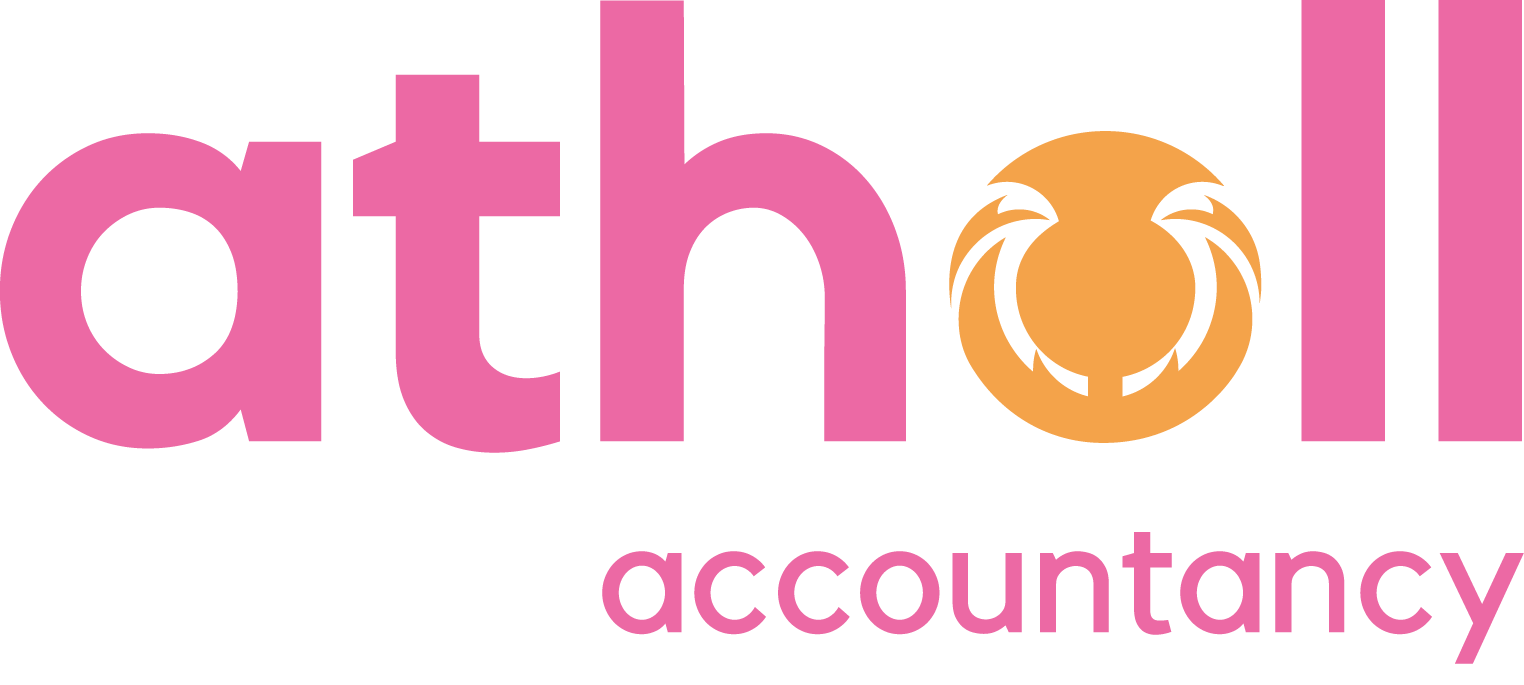As a small business owner, it is important to understand the basics of financial management. This will help you make sound decisions about your business and keep your finances on track. In this blog post, we'll cover five key financial concepts that every small business owner should know. By understanding the following concepts, you will be better equipped to make informed decisions about your business' future.
1 - Operating Cash Flow
Operating cash flow is the money that flows in and out of your business from day-to-day operations. This includes things like revenue from sales, payments to suppliers, and employee salaries. It's important to track your operating cash flow so that you can see how much money your business is bringing in and where it's being spent.
2 - Gross, Operating and Net Profit
Gross profit is the money your business makes after you subtract the cost of goods sold (often referred to as COGS or COS) from revenue. Operating profit is gross profit minus operating expenses, which are the costs associated with running your business (e.g., rent, utilities, and marketing). Net profit is operating profit minus taxes and interest. Knowing your gross, operating, and net profit will give you a clear picture of your business' profitability.
It's important to understand the difference between the three, because comparing them against one another can help you make decisions about where to allocate your resources. For example, if your gross profit is low, you might want to focus on reducing your COGS. If your operating profit is low, you might want to reduce your expenses. And if your net profit is low, you might want to focus on increasing revenue.
3 - Accounts Receivable
Accounts receivable (AR) are the amounts of money owed to your business by customers who have not yet paid.
It's important to keep track of your accounts receivable and follow up with customers who are late in paying. If your customers are frequently late to pay, then it's worth introducing late fees or looking at sharpening up your billing and invoicing processes to get cash in the bank more quickly.
4 - How to Read a Balance Sheet
A balance sheet is a financial statement that shows your business' assets, liabilities, and equity at a given point in time.
It's important to understand how to read a balance sheet so that you can see where your business' money is coming from and where it's going.
There are three main components to a balance sheet:
● Assets: this includes things like accounts receivable, cash, inventory, and equipment.
● Liabilities: money you owe, including loans and accounts payable.
● Equity: this is essentially the money that shareholders and investors would receive if your business’ assets were liquidated and all liabilities were paid off.
By understanding your balance sheet, you can get a better picture of your business' overall financial health and make informed decisions about where to allocate your resources.
5 - Cash vs Accrual Accounting
There are two main ways of accounting for business transactions: cash basis and accrual basis.
With cash basis accounting, you only record transactions when money changes hands. This is the simplest way to track your finances, but it can be difficult to get an accurate picture of your business' financial health. Only small unincorporated businesses can use cash accounting for tax purposes.
Accrual basis accounting, on the other hand, records transactions when they occur, regardless of when the money changes hands. This method is more complex, but it provides a more accurate picture of your business' financial situation.
As a business owner, it's important to understand both methods of accounting so that you can make informed decisions about how to track your finances.
Final Thoughts
Small business owners should understand the five financial concepts mentioned in this article in order to make informed decisions about their businesses' futures. Understanding your operating cash flow, gross profit, operating profit, net profit, and accounts receivable will enable you to make better financial decisions to drive your business forwards. After all, knowledge, as they say, is power.
If you need help in understanding how to get your finances back on track, we would be delighted to help:
